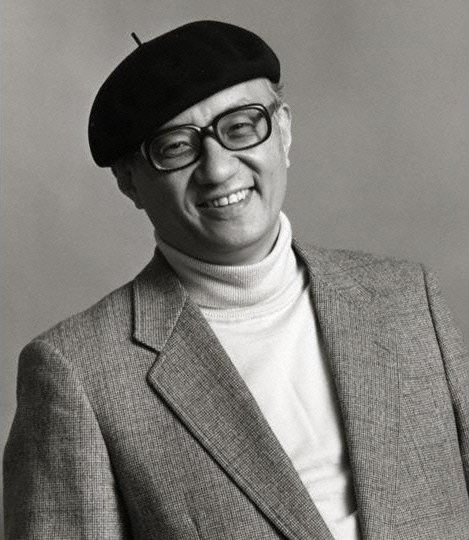

Books in series

#1
Apollo's Song, Part One
1977
Apollo’s Song follows the tragic journey of Shogo, a young man whose abusive childhood has instilled in him a loathing for love so profound he finds himself compelled to acts of violence when he is witness to any act of intimacy or affection whether by human or beast. His hate is such that the gods intervene, cursing Shogo to experience love throughout the ages ultimately to have it ripped from his heart every time. From the Nazi atrocities of World War II to a dystopian future of human cloning, Shogo loses his heart, in so doing, healing the psychological scars of his childhood hatred.
Master storyteller Osamu Tezuka’s Apollo’s Song is a lyrical tour-de-force on the human spirit, the destruction of hate, and the triumph of love.

#2
Apollo's Song, Part Two
1977
In this second half of Apollo’s Song, Shogo, a young man whose abusive childhood has instilled in him a loathing for love, begins to see the virtues of love as he repeatedly experiences love lost from within the depths of his mind. Throughout the ages, his affections for others would bring him inspiration, strength and ultimately joy, unfortunately having been punished by the Gods each time a senerio appeared to be headed towards an ideal ending he would have love ripped from his heart every time. Shogo loses his heart and his soul in the process, before tragically dealing with the psychological scars of his childhood hatred.
Master storyteller Osamu Tezuka’s Apollo’s Song is a lyrical tour-de-force on the human spirit, the destruction of hate, and the triumph of love.

#1-2
Apollo's Song
1970
Better to have loved and lost...
The gods with their poetic justice, can be unrelenting. Just ask the young cynic Shogo, who sinned against love. Electroshock therapy was only meant to bring him face to face with his own violent misdeeds, but instead landed him in the court of a stern goddess.
If the encounter was a hallucination, then it's a hallucination that starts to encroach on reality in this unforgettable tale penned by manga-god Osamu Tezuka and inspired by Greek myths of divine unforgiving. Sharing with his longer work Phoenix the themes of recurrence and retribution as well as the spirit of high invention, Apollo's Song explores the meaning of love and the consequences of its absence.
Shogo's mother is a bar hostess, his father could be any one of a dozen of her regular patrons. Growing up, he learns nothing of genuine love and tenderness, and when he witnesses his mother in the nearest approximation of which she's capable—lustful embrace—he receives a merciless beating soon afterwards. Shogo comes to hate the very notion of love. But goddesses, who are neither the Buddha nor Christ, do not excuse misfortunes of upbringing.
Apollo's Song reaches Olympian heights of tragedy as the story proceeds from a boxcar bound for a Nazi concentration camp to a dystopian future where human beings are persecuted by an ascendant race of their own clones. Will Shogo ever attain redemption, or, like the human race itself, will he have to relearn the lessons of love forever? Is it better to have loved and lost if the heartbreak must recur eternally?
Love, propagation, nature, war, death—Tezuka holds his trademark cornucopia of concerns together with striking characterizations, an unfailing sense of pacing, and of course, stunning imagery.
Though marked by a salty pessimism, this unique masterpiece from Tezuka's transitional period is also unabashedly romantic—and, at times, profoundly erotic. Combining a classic tale of thwarted love with cognitive ambiguities reminiscent of the work of Philip K. Dick, Apollo's Song is guaranteed to plumb new depths of the human heart with each rereading.
Author

Osamu Tezuka
Author · 158 books
Dr. Osamu Tezuka ( 手塚治虫 ) was a Japanese manga artist, animator, producer and medical doctor, although he never practiced medicine. Born in Osaka Prefecture, he is best known as the creator of Astro Boy and Kimba the White Lion. He is often credited as the "Father of Anime", and is often considered the Japanese equivalent to Walt Disney, who served as a major inspiration during his formative years. His prolific output, pioneering techniques, and innovative redefinitions of genres earned him such titles as "the father of manga" and "the God of Manga."